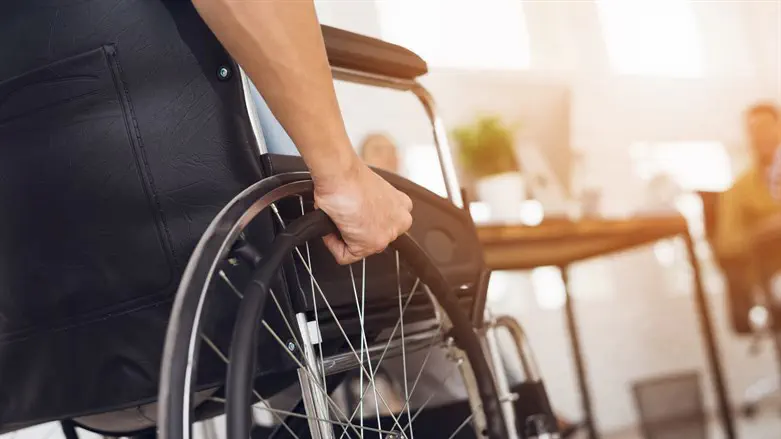
The number of disabled IDF soldiers treated at the Ministry of Defense's Rehabilitation Division has surpassed 70,000 for the first time, after 8,663 wounded men and women have joined the Division since October 7th. Thirty-five percent of them are dealing with mental issues and this is the main injury for 21% of them.
On average, over a thousand new wounded are added to the Division every month. In addition, more than 6,500 requests for recognition of injuries from previous wars have been received.
In recent months, the Division has provided a package of immediate medical and psychological care to all the wounded soldiers who have been taken in. In addition, specially trained counseling programs have been set up for those dealing with mental reactions and PTSD, including 9 rehabilitation farms, mobile observation teams for initial mental counseling nationwide, the intake of 400 therapists, and the launch of the PTSD Guide App.
The Rehabilitation Division of the Ministry of Defense prepared to receive approximately 20,000 new injured soldiers from the outbreak of the war until the end of 2024. Data presented at the Israel Medical Conference shows that each month over 1,000 new wounded men and women receive treatment at the Division. About 20% of them deal with mental reactions and post-traumatic stress disorder (PTSD). 95% of the wounded are men, 70% of them are reservists, and about 50% are aged 18 and 30.
A professional analysis found that about 40% of the wounded, who will be admitted by the end of the year, may face various mental reactions, including anxiety, depression, post-trauma, adjustment difficulties, communication difficulties, and more. Of the approximately 70,000 disabled IDF soldiers from all Israeli wars who receive treatment in the Rehabilitation Division, 9,539 are dealing with PTSD and mental reactions.
